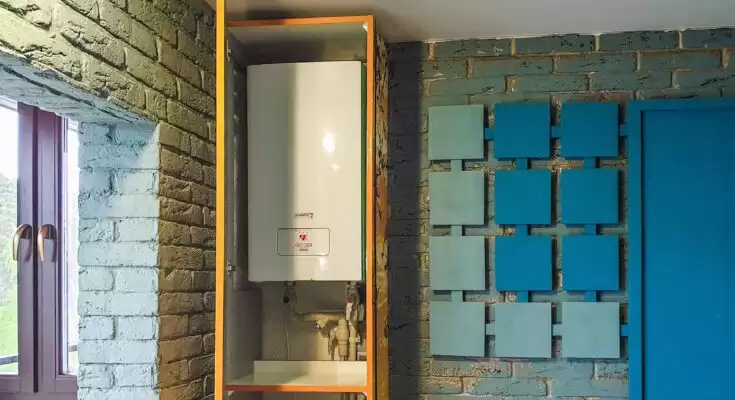Your water heater is an essential appliance in your home, providing hot water for cooking, showers, and cleaning. When it’s time to replace your water heater, you want to make sure you choose the right one that meets your needs and budget. With so many options available, it can be overwhelming to decide which one is right for you. In this post, we’ll share five key things to look for when choosing a new water heater.
Type of Water Heater
The first thing to consider is the type of water heater you want. The most common types are traditional tank water heaters and on-demand tankless water heaters. Traditional tank water heaters store a large amount of hot water in a tank, while tankless water heaters heat the water on demand as it flows through the unit. Tankless water heaters are more energy-efficient, but they are also more expensive to purchase and install. Consider your hot water needs, budget, and space when choosing between the two.
When looking for different types of water heaters, you can start by checking out your local home improvement stores or plumbing supply stores. These places often have a variety of models on display and knowledgeable staff who can answer any questions you may have. You can also do research online to see the different types available and their features. Additionally, consider consulting with a licensed plumber who can assess your home’s specific needs and recommend the best type of water heater for you.
Size and Capacity
The size and capacity of your water heater are crucial factors to consider. You want to make sure the water heater can provide enough hot water for your household’s needs without wasting energy by heating too much water. To determine the right size and capacity for your water heater, consider how many people live in your home.
A larger household with more people will likely require a higher capacity water heater to meet their hot water demands. On the other hand, a smaller household with fewer people can get away with a lower capacity unit. It’s also important to think about any special appliances you have that require hot water, such as a dishwasher or washing machine.
Energy Efficiency
Water heating accounts for a significant portion of a household’s energy consumption, so choosing an energy-efficient water heater can save you money on your utility bills. Look for water heaters with a high Energy Factor (EF) rating, which measures the unit’s efficiency. Tankless water heaters are typically more energy-efficient than traditional tank water heaters.
When speaking with an appliance seller about energy efficiency, make sure to ask for the EF rating of the water heaters they offer. You can also inquire about any energy-saving features or certifications that the water heater may have. It’s also helpful to ask about the estimated annual operating costs of each model you are considering. This will give you a better idea of how much money you could potentially save in the long run by choosing an energy-efficient water heater. Gathering this information will allow you to make a more informed decision and choose a water heater that not only meets your hot water needs but also saves you money on your utility bills.
Fuel Type
The fuel type you choose can affect the energy efficiency and cost of your water heater. The most common fuel types are electric, natural gas, and propane. Electric water heaters are the most energy-efficient but are typically more expensive to operate. Natural gas and propane water heaters are cheaper to operate but require access to fuel and proper ventilation.
When deciding on the fuel type for your water heater, consider where you live and the availability of different fuel sources. In some areas, certain fuel types may be more affordable or easier to access. Additionally, think about the cost of installation and maintenance for each type before making a decision. You can also consult with a professional plumber or energy provider to discuss which fuel type would be most cost-effective for your specific situation.
Installation and Maintenance
Consider the installation and maintenance requirements of the water heater. Tankless water heaters require more complicated installations and may require additional upgrades to handle the higher electrical or gas demands. Traditional tank water heaters need to be flushed periodically to prevent sediment buildup, which can affect the unit’s efficiency and lifespan. Consider the cost and availability ofwater heater repairservices in your area and any type of maintenance you would have to take on yourself.
When installing your new water heater, it’s important to consider the location carefully. The best place to install a water heater is in a central location close to where hot water is needed, such as the kitchen or bathroom. This will reduce heat loss through long pipes and ensure that you have quick access to hot water when needed. Additionally, make sure the area has proper ventilation and enough space for installation and future maintenance. If you are unsure about the best location for your water heater, consult with a professional plumber for guidance. They can assess your home’s layout and help you determine the ideal spot for your new water heater.
Choosing a new water heater can feel overwhelming, but understanding these five key factors can make the decision-making process easier. Consider the type of water heater, size and capacity, energy efficiency, fuel type, and installation and maintenance requirements when choosing a new unit. Always consult with a professional plumber to help you find the right water heater that meets your needs and budget. A quality water heater can provide you with years of reliable hot water, so choose wisely.
